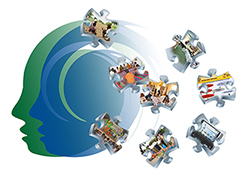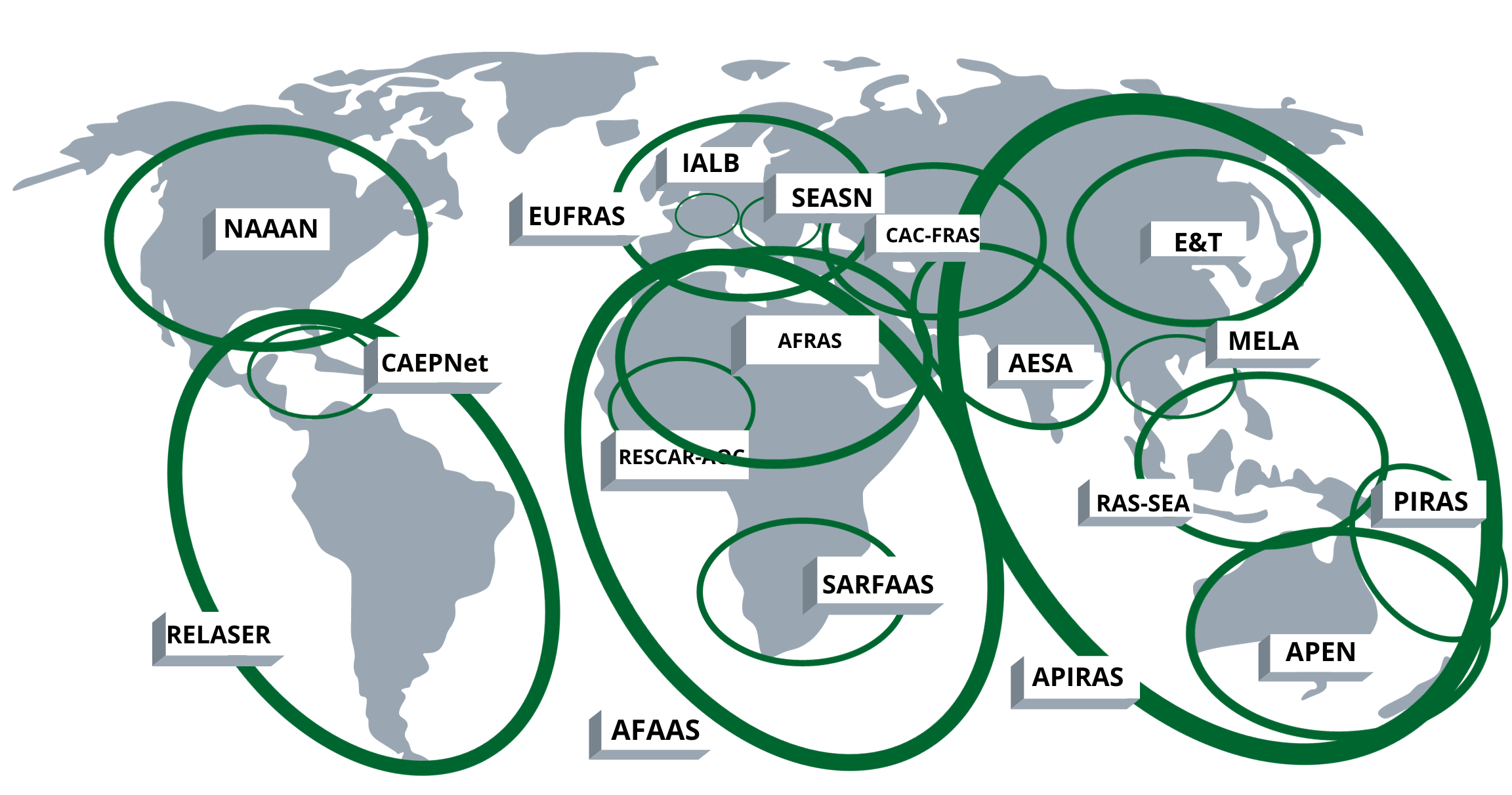Thank you for your interest in . Your download will begin shortly.
Harnessing Artificial Intelligence in Rural Advisory Services
Watch the insights from a GFRAS Webinar where Francois Rossouw and Andre Strauss from the Southern African Agri
Initiative (Saai) share their experiences on a solution they developed
aimed to combine Artificial Intelligence and advisory services to
support extension officers and farmers in advancing their goals and
promoting thriving rural communities. Archana Karanam, from Digital Green, also shared their experiences with integrating extension and artificial intelligence.










